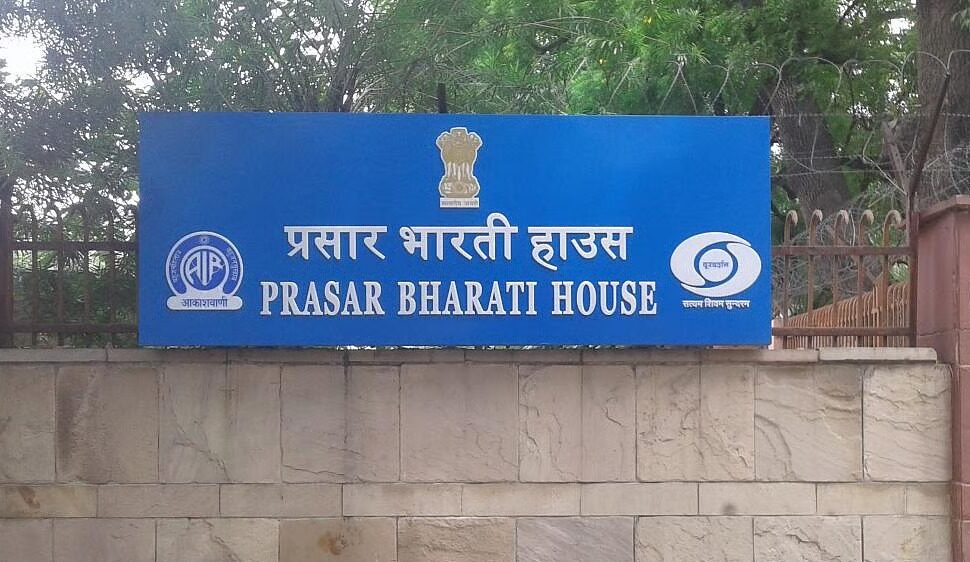In a controversial move reigniting global trade tensions, U.S. President Donald Trump has announced a 25% tariff on imports from countries purchasing oil or gas from Venezuela. This decision could impact key importers, including India, China, and Spain.
The directive, posted by Trump on his social media platform Truth Social, accused Venezuela of being “hostile to the United States” and alleged that the South American nation had been “purposefully sending criminals,” including members of criminal gangs such as Tren de Aragua, across the U.S. border.
“Any country that continues trade in oil or gas with Venezuela will pay a 25% tariff on all transactions with the U.S.,” Trump stated, linking the tariffs to national security and border enforcement.
The duties, set to begin on April 2, come after Washington’s increasing unhappiness with Caracas, particularly after the recent collapse of a deportation deal. Even though the two countries subsequently agreed to continue deportation flights, Trump’s action indicates a tougher approach. The new tariffs form part of an overall economic plan that involves the possibility of imposing tariffs on cars, medicines, and semiconductors that are imported.
For India, the implications are noteworthy. In 2024, India imported 22 million barrels of crude oil from Venezuela – around 1.5% of its total oil imports. In January 2024 alone, imports spiked to 254,000 barrels per day, with Reliance Industries, Indian Oil Corporation, and HPCL-Mittal Energy among the main buyers.
The U.S. order specifies that the 25% tariff will be imposed on any country importing Venezuelan oil and will remain in place for a year following the last such import. The enforcement decision lies with the U.S. Secretary of State in consultation with other agencies.
The announcement also comes amid broader trade recalibrations. U.S. Treasury Secretary Scott Bessent hinted that Washington may target the “dirty 15” countries with significant trade imbalances with the U.S. through similar economic measures.
As global energy markets brace for disruption, analysts warn that India’s refiners could face costlier alternatives if the tariff triggers broader supply chain uncertainties.
Whether New Delhi changes its Venezuelan oil policy or tries to seek diplomatic clarification only time will tell. For now, the temperature in the world of geopolitics is rising high with energy trade back at the epicenter of the tempest.
Also Read: Trump’s Tariffs and the Rising Trade Deficit





















